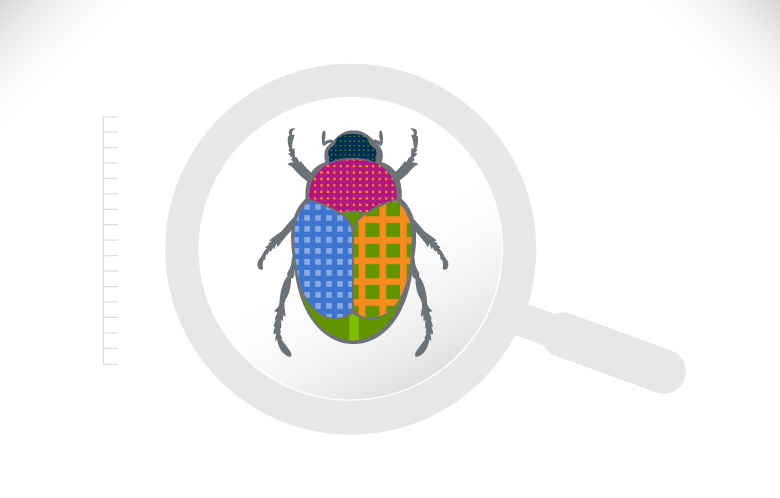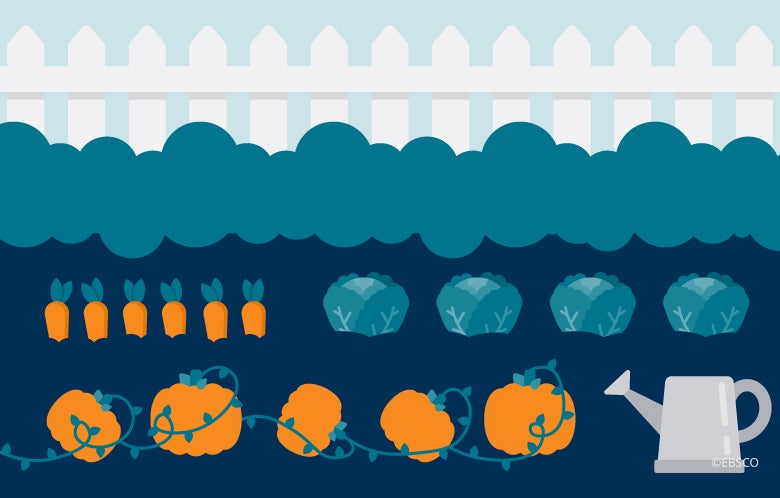It’s been one year since EBSCO collaborated with experts at CABI to produce CAB Abstracts with Full Text — a research database with access to applied life science literature. Its coverage spans subjects including agriculture, human health, food science, and more. Since the release of CAB Abstracts with Full Text, it’s been used by researchers and students to seamlessly access content that helps solve problems in the applied life science field. With more than 1,200 indexed full-text journals, the database provides end users with a one-stop resource to access the literature that they need to conduct efficient and meaningful research.
While its evident that CAB Abstracts with Full Text is a valuable resource for those researching issues within the applied life science industry — a tool is only as good as the person using it. Learning the specific features of a database can ensure that end users are getting the most out of their search. These features can make navigating the database easy, efficient, and overall worthwhile. Here are five ways to make the most of CAB Abstract with Full Text:
Utilize the thesaurus
Imagine you’re a student who has just been assigned a research project on beetles. Your first step may be to log onto EBSCOhost or EBSCO Discovery Service and type “beetles” into the search engine. While this is a natural place to start, you’ll likely come across a great deal of hits that may be overwhelming to look at upon first glance.
Rather than endlessly scrolling through the results list, end users can utilize the thesaurus tool to find search terms that are related to your topic and more specific in nature. For our beetle example, the thesaurus tool brings up the term “coleoptera” which is the taxonomic rank used to classify beetles. Searching this term will bring up about 100,000 results and generate a more manageable list to search through.
Additionally, when using the thesaurus tool researchers will be able to see all the subcategories for the term they are searching for — in this example, perhaps a certain species of beetle. This feature narrows down the results list and opens the door to newer and more specific terminology. End users can focus their research efforts on that particular topic and make their overall exploration more streamlined and efficient.
Filter your results
Equally as valuable as the thesaurus are the search engine filters. Filters also help reduce the results list when conducting a search. Researchers can make their findings easier to sort through and give them access to the exact information they are looking for by using search filters. Some of these filters include geography, date range, source type, and more. So, if for example you’re looking for journals that have information on beetles in Africa, applying the geography filter can provide information from that specific region.
One search filter that is particularly valuable to students and researchers that are looking to find the most relevant information for their search is “subject major heading”. If the term you searched is only slightly mentioned or is just a side topic of an article, the subject major heading search filter will remove it from your results list. This filter ensures that the results that are appearing in your list are specifically devoted to your topic. It also helps save time and energy when searching the database.
Bring publication authority into play
One feature that is unique to EBSCO and CAB Abstracts with Full Text is the publication authority tool. This feature provides end users with a list of all the journals within the database that are full text. Additionally, this property gives researchers date ranges of the full text journals, which allows for them to find information from a specific year or journal issue.
This tool, like most others in CAB Abstracts with Full Text, helps researchers narrow down their search results and make searching a large database more manageable and efficient. For our beetle research example, imagine you want to find full text journals that were published in the last 10 years. Using publication authority, you can apply a date range that filters out any journals that do not fall within the span of those years.
Apply CABI Codes
An additional tool that CABI provides its end users with is their classification system called CABI Codes. A CABI Code is a unique code that helps index all the records within the database based on the specific area of science that the journal refers to. The CABI team created these codes to help refine search results to a specific subject area within the applied life science field.
Searching CAB Abstracts with Full Text using CABI Codes can make finding specific information within the database much easier. Going back to our beetle research example, using the CABI Code “Other Invertebrate Culture” can ensure that your results list includes journals that fall under that topic. This tool, in combination with other tools on CAB Abstracts with Full Text, brings users results that are refined, relevant, and easy to access.
Take advantage of English language abstracts
Finally, a feature that is consistent across the CAB Abstracts product line is the English language abstracts. Since CABI’s work is international, there are often journals from all over the world that are written in foreign languages. Subject experts at CABI write English versions of the journal’s abstract to provide a summary of the article. This allows researchers to gain access to content that may have otherwise been inaccessible due to language barriers. So, if you find a journal on beetles in Brazil that is written in Portuguese, the abstract translation can still ensure that you are able to retrieve specific information in your search.
CAB Abstracts with Full Text is a valuable resource for those conducting research in the applied life science field. These search tips and tricks can help end users make the most out of the database and conduct the most streamlined research. CABI’s collaboration with EBSCO has provided researchers with easy access to valuable information that helps them solve world problems.



